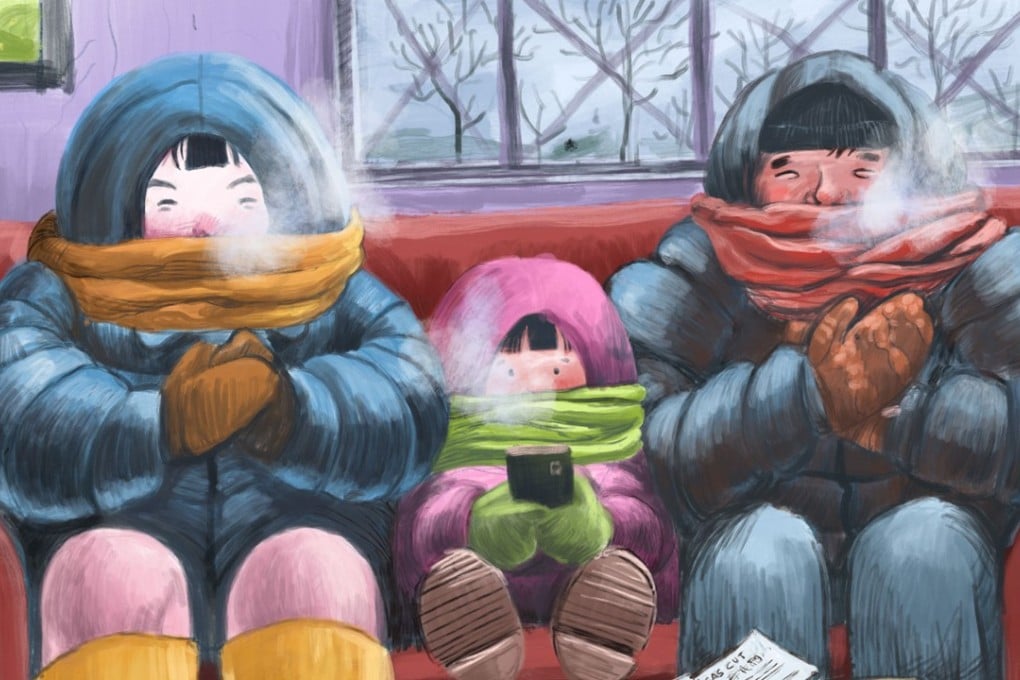Why China’s winter fuel crisis is a cold, hard lesson in the law of unintended consequences
As officials raced to fulfil a central government decree to cut coal use, the impact on gas supplies appears to have been overlooked

The temperatures in China’s northern province of Shanxi have plunged below zero but for a few hours every day this month, Yuncheng resident Mr Yang has not been able to turn on the heating or even cook food at home.
The 45-year-old, who would only give his surname, and his wife had natural gas-powered heaters and stoves installed in their flat during a government drive to cut air pollution caused by burning coal.
But due to biting gas shortages this winter, the local supplier imposed limits on fuel use, sometimes leaving the couple with no gas for 24 hours at a time.
“I don’t know if there will be gas tonight,” Yang said. “Maybe we will go stay at a hotel, or we will just sleep in a freezing room … I’m glad I’m good at resisting the cold.”
The central government is now grappling with a gas crisis after its battle against smog backfired in recent weeks, leaving people like Yang without stable energy supplies during the freezing winter.
It is an unintended consequence of the government’s drive to tackle air pollution that has seen smoke-stack factories closed, ineffective officials punished and coal use reduced across northern China.